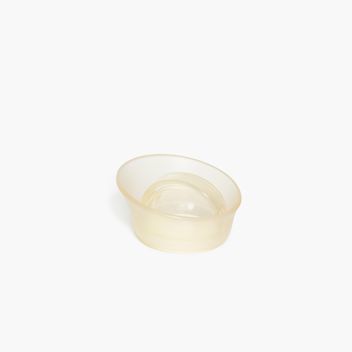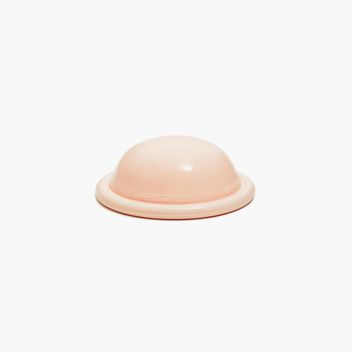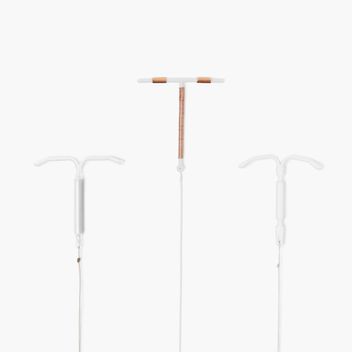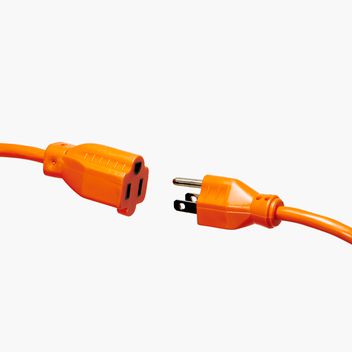How safe is tubal ligation?
Tubal ligation is very safe for most people, but all medical procedures have some risks. Sterilization is meant to be permanent, and usually can’t be reversed.
Is tubal ligation safe?
Tubal ligation (aka sterilization) is super safe, and very few people have complications. But like all medical procedures, there are possible risks.
In general, vasectomy (also called male sterilization) is an easier procedure and has fewer risks than female sterilization.
Can tubal ligation be reversed?
Sterilization procedures like tubal ligation are meant to be permanent, so it usually can’t be undone.
It’s sometimes possible to reverse a tubal ligation procedure, or use IVF (in-vitro fertilization) to get pregnant after sterilization, but there are no guarantees — you may still not be able to get pregnant. Tubal ligation reversal is a complicated surgery, and it can be very expensive.
Whether or not sterilization reversal works depends on things like when the procedure was done, how it healed, and the type of sterilization you got.
Before you decide on tubal ligation, think about any possible life changes that could affect you in the future — like a divorce, a new partner, or the death of your children.
You don't need anyone's permission to get sterilized, but it may be helpful to talk about it with your partner, or anyone else who can offer you support and advice. If you’re worried about being able to reverse a sterilization procedure, it might not be the best option for you.
There are other super effective ways to prevent pregnancy that aren’t permanent. IUDs and implants work almost as well as sterilization to prevent pregnancy. These methods of birth control last for a long time, but a nurse or doctor can easily remove them and your fertility quickly comes back.
What are the risks of tubal ligation?
Serious problems after sterilization procedures are rare. But call your doctor immediately if you have:
- a rash, swelling or trouble breathing
- a fever of 100.4°F or higher
- severe, continuous pain in your belly that keeps getting worse or doesn’t get better with pain medicine
- unusual discharge or odor from your vagina
- dizziness or fainting spells
- pus, drainage, bleeding, redness, or swelling where an incision (cut) was made in your skin
- vomiting or nausea that doesn’t stop
- symptoms of pregnancy
There’s a chance that your fallopian tubes can reconnect or become unblocked after tubal ligation, but this is really rare. If you get pregnant after tubal ligation, the pregnancy could develop in your fallopian tube — this is called ectopic pregnancy, and it’s very dangerous.
Signs of ectopic pregnancy include:
-
irregular bleeding from your vagina
-
severe pain in your belly or in your shoulder
-
sudden weakness or fainting
If you think you may have an ectopic pregnancy, call your doctor or go to the emergency room right away.
Tubal ligation procedures are done through incisions (cuts in your skin) in your belly. These are very low-risk surgeries, but any kind of medical procedure can have complications. The risks of sterilization procedures include:
-
bleeding
-
bad reaction to general anesthesia (medicine sometimes used to put you to sleep during the procedure)
-
infection, which is rare and can be treated with antibiotics
Very rarely, your bowel, bladder, uterus, or blood vessels can be injured, and you might need surgery to fix this.
Death caused by surgical sterilization is very, very rare — if it happens, it’s usually from a reaction to general anesthesia.
Your doctor will talk with you to help you figure out whether sterilization is safe for you.

 Abstinence
Abstinence
 Breastfeeding
Breastfeeding
 Cervical Cap
Cervical Cap
 Condom
Condom
 Diaphragm
Diaphragm
 FAM
FAM
 Female Condom
Female Condom
 Implant
Implant
 IUD
IUD
 The Patch
The Patch
 The Pill
The Pill
 The Ring
The Ring
 The Shot
The Shot
 Spermicide
Spermicide
 Sponge
Sponge
 Sterilization
Sterilization
 Vasectomy
Vasectomy
 Withdrawal
Withdrawal